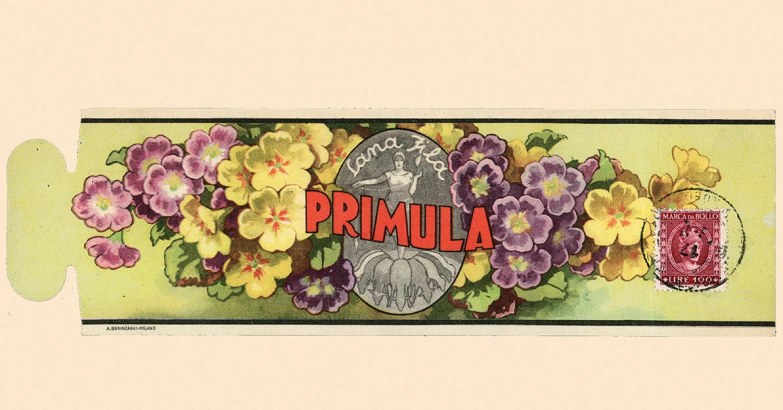Labels: Wool
Because wool is a long-lived fiber, already adopted in Mesopotamian around 3,000 b.C. From there, it has spread in classical Greece and Ancient Rome: especially here, the presence of shears – instruments able to remove fleece from the sheep’s body in a soft way – is documented.
Europe soon emerged from a commercial point of view. Especially England, with more than 40 varieties of yarn, became the international leader; Spain, on the other hand, approved the export of Merino sheeps in the 17th century, after having a monopoly on them for a very long time.
In the middle of the first Industrial Revolution the English were protagonists once again, thanks to the diffusion, since 1810, of the first mechanical spinning machines (and a merchant system involving colonies such as India). In the same period, the refinement of industries gave benefit to Biella too: with the support of technology, the was able to strengthen a millennial tradition.
Producer of a conspicuous part of the best fabrics sold throughout the world, the Piedmontese town started to take part in fairs and exhibitions, reinforcing the reputation of a place well-known for the quality of its yarns. The final result? A soft, elastic, cosy one. Which is also hygroscopic, antistatic, insulating: wool is one of the most widespread fibers in the world right for its genuinely versatile soul. And since FILA traditions recognizes plurality as strength, wool has been part of our history since 1911, when the ‘Fratelli Fila’ textile business emerged as one of the best Biellese knitting companies. Despite the following sportswear change, its passion for origins hasn’t waned: 110 years later, knitwear remain at the core, defining garments able to hybridize tailoring elegance and urban comfort. It’s all about roots that keep on growing and evolve, as pleasant as a pullover’s embrace.



